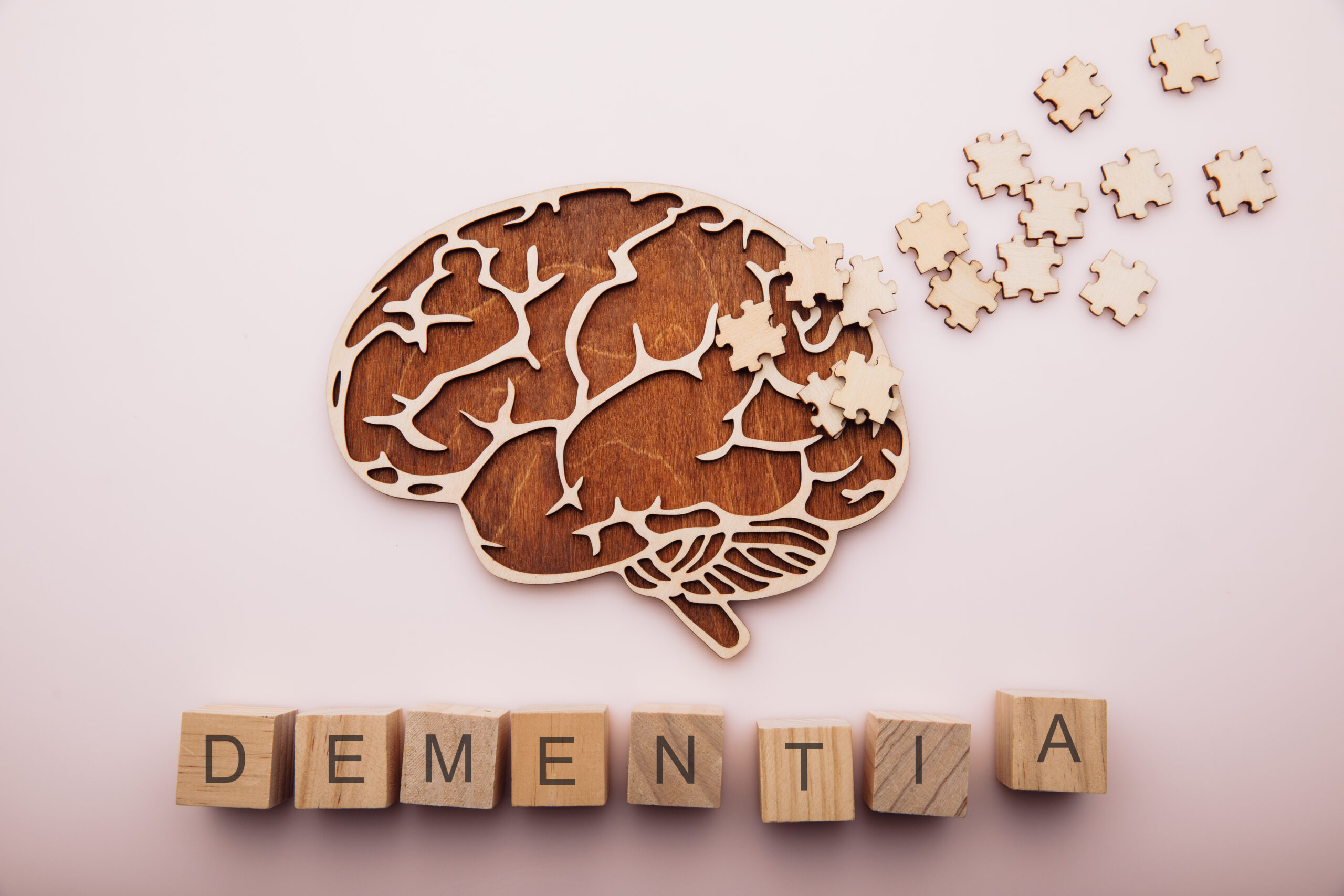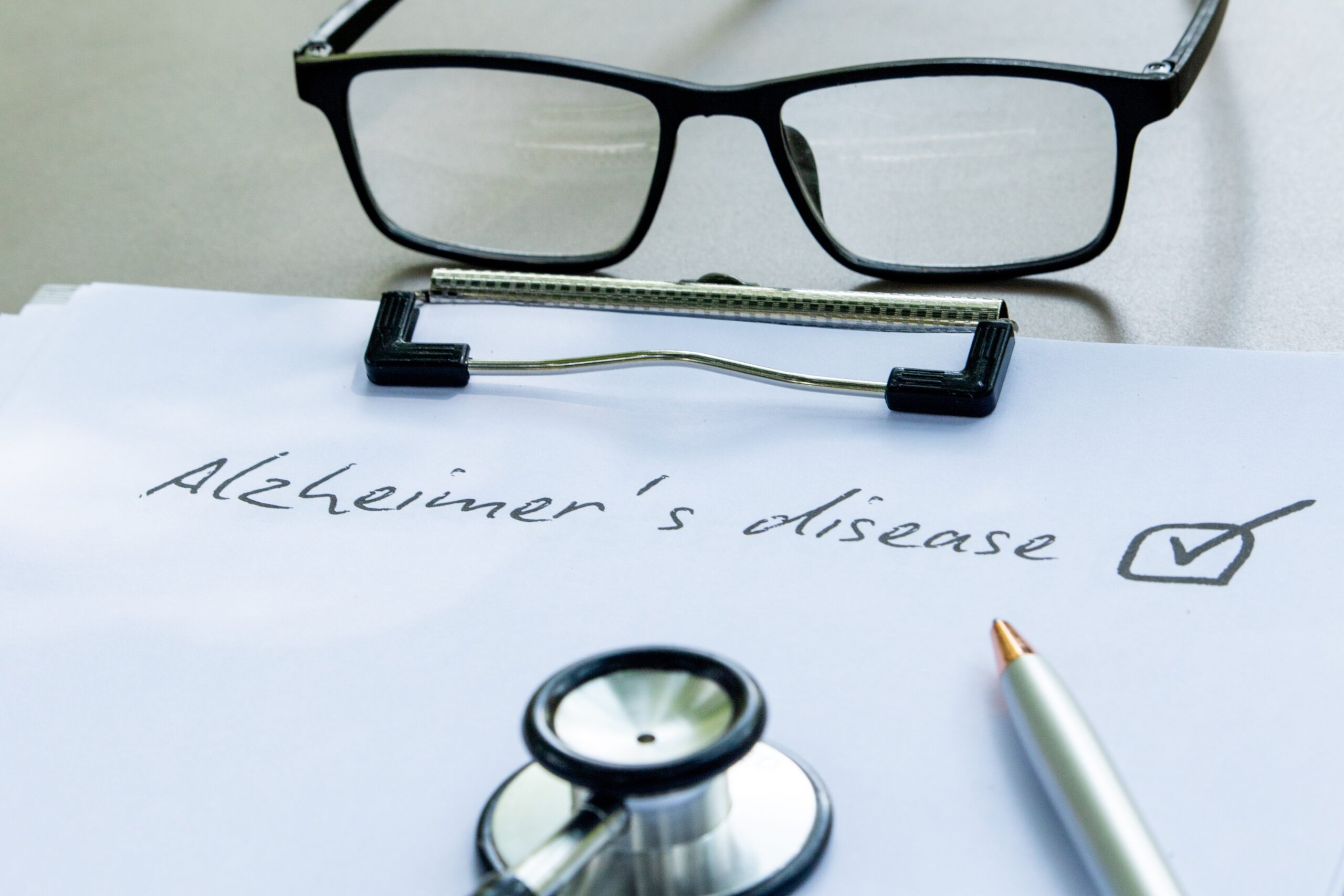One simple lifestyle tweak is being hailed by researchers as a game-changer for older Americans who want to keep their memory sharp and their spirits high—yet you’d never know it, given how the media and government seem more obsessed with politically correct nonsense than actually helping seniors live better lives.
At a Glance
- Researchers confirm that small lifestyle changes can protect memory and boost happiness as we age.
- Consistent sleep, daily routines, and regular social contact are backed by science for healthier aging.
- Psychological resilience—essentially grit—slows frailty and preserves independence in older adults.
- Public health officials are finally paying attention, but implementation lags behind the evidence.
Lifestyle Tweaks: The Antidote to Big Government Neglect
The real front line of the battle for a dignified old age is not some bloated agency or billion-dollar “initiative”—it’s the decisions made in the privacy of your own home. While the federal government spends untold billions on programs that rarely trickle down to the average American, robust research from JAMA Psychiatry and other reputable sources proves that simple, consistent habits can dramatically improve memory and happiness for those over 65.
Small shifts can make a big difference in how energized and focused you feel during the day:
☕ Stay Hydrated: Drink plenty of water to keep your energy levels up and avoid fatigue.
???? Healthy Snacks: Opt for nutritious snacks like nuts or fruits over chips of other… pic.twitter.com/6b1xQoMdGJ
— Kristie Leong M.D. (@DrKristieLeong) July 9, 2025
The science is clear: older adults who prioritize these habits score better on tests of memory, attention, and emotional well-being. Researchers emphasize that psychological resilience—a fancy term for grit and old-fashioned toughness—slows down frailty, reduces risk of dementia, and keeps people living independently longer. It’s almost as if the solution to the so-called “aging crisis” is not another government task force, but personal responsibility and community connection.
Watch a report: Lifestyle changes and your memory health
The Evidence: Not Funded by Woke Bureaucrats
Let’s cut through the noise. The latest studies, including large-scale cohort research published in 2024, show that sleep optimization, physical activity, and social engagement aren’t just buzzwords—they’re proven strategies that work for real Americans, not just those with the right political connections. Sleep alone is linked to better mood and sharper memory. Physical activity reduces frailty and keeps depression at bay. Social engagement—yes, actual human interaction—lowers the risk of both depression and dementia.
Contrast this with the government’s one-size-fits-all approach, which tends to ignore the value of personal agency and family involvement. While politicians debate how to “fix” aging with more bureaucracy and spending binges, the real experts—older adults themselves—are quietly reaping the benefits of these time-tested habits, often in spite of official neglect.
Who Benefits—and Who Gets Left Behind
The main beneficiaries of these findings are, unsurprisingly, older Americans and their families. Those who take matters into their own hands—by prioritizing sleep, exercise, and social connection—see immediate improvements in mood, energy, and memory. In the long run, these lifestyle tweaks translate into fewer cases of dementia, less dependence on the healthcare system, and a higher quality of life.
Meanwhile, the healthcare industry and public health agencies are being forced to pay attention. There’s growing recognition that multifaceted, individualized interventions—not more top-down mandates—are the key to healthy aging. But let’s not kid ourselves: seniors who rely on government programs or live in communities stripped of resources by endless spending on other priorities often struggle to access even the basics. The same politicians who throw taxpayer dollars at every “humanitarian emergency” under the sun can’t seem to ensure that older Americans get access to the support and information they actually need.








